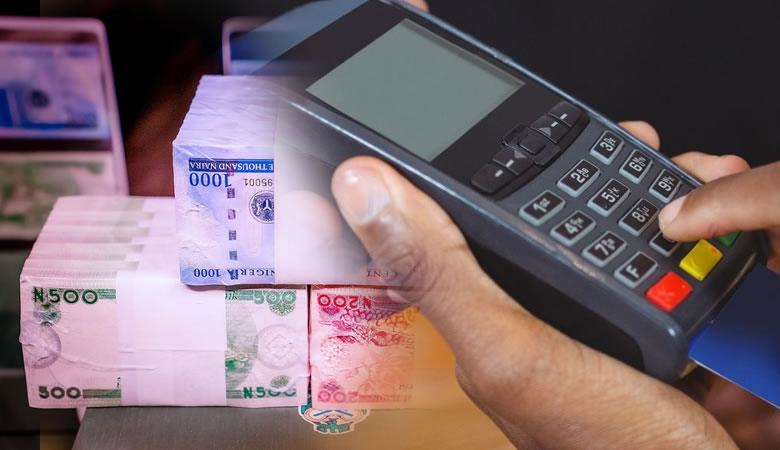The Central Bank of Nigeria (CBN) has recently implemented a directive imposing a daily withdrawal limit of N100,000 for individuals, a policy aimed at fostering a cashless economy and curbing illicit financial activities.
However, the directive has sparked a wave of reactions from Point-of-Sale (POS) operators across the country, many of whom see the policy as a potential threat to their businesses and livelihoods especially during the Yuletide season.
POS operators, who serve as an essential bridge in Nigeria’s financial inclusion efforts, particularly in rural and underserved areas, have expressed concerns about the feasibility and implications of the directive.
For many operators, the new withdrawal limit restricts their ability to meet customers’ cash demands, which often exceed the stipulated threshold.
Impact on Daily Transactions
Nairametrics spoke to several POS merchants in Abuja on Thursday.
- Blessing Aku, a POS attendant at Nyanya area of Abuja said no customer has walked into her shop to withdraw N100,000 since the directive was issued by the CBN. She said, “I have not done any particular transaction up to N100,000.”
- While speaking with our reporter, a customer came to make an inquiry to find out the charges to withdraw N100,000 cash. She said N3000. The customer promised to return in a moment. Our reporter waited for more than an hour but the customer did not return to make the said transaction.
Our reporter also visited Karu market; Mallam Gambo, a POS operator around the area, lamented the challenges the directive poses to his business. “Many of my customers come to withdraw amounts above N100,000, especially market traders who need cash for their daily transactions. This [referring to the new CBN directive] is making it hard for me to satisfy their needs, I just hope things will not happen like the Naira scarcity of last year.”, he said.
- Similarly, Yusuf Bala, another POS agent, noted that the policy could discourage cash-based transactions in areas where digital banking infrastructure is inadequate. “In many rural areas, people rely heavily on POS services because banks are far away. Limiting withdrawals will only make things harder for them,” he explained.
Rising Costs and Charges
Operators also fear that the withdrawal limit could lead to increased transaction charges as they seek to offset potential losses. “If customers can only withdraw smaller amounts, we’ll have to process more transactions, which increases our operational costs,” said Grace, a POS agent in the Mararaba area. “This might force me to raise service charges, and customers won’t be happy about it.”
Potential Job Losses
The directive has raised concerns about the broader economic impact on the POS sector, which employs thousands of Nigerians.
Many operators believe that the policy could result in reduced patronage, forcing some to shut down their businesses.
“I’ve been running this business for three years, and it’s my only source of income,” said Samuel, a POS operator in One Man Village, Nasarawa state. “If customers stop coming because they can’t withdraw enough money, I don’t really know what to do or where to go now.”
Calls for Policy Review
The POS operators are calling on the CBN to review the withdrawal limit directive, considering its potential impact on small businesses and financial inclusion efforts especially during the festive season. Many have suggested that the withdrawal limit be adjusted or that special provisions be made for POS operators to enable them to continue serving their communities effectively.
“We understand the need to regulate cash flow and encourage cashless transactions, but the CBN should also consider the realities on the ground,” said Bala. “A more flexible approach would benefit everyone.”
- The CBN, however, remains firm on its stance, reiterating that the policy is part of its broader strategy to promote a cashless economy.
- In a recent statement signed by Oladimeji Yisa Taiwo the Director of the Payments System Management Department at the CBN, the bank assured the public that it would monitor the implementation closely and make adjustments if necessary.
As the debate continues, it remains to be seen how the withdrawal limit will reshape Nigeria’s financial landscape and what measures the CBN might take to address the concerns of POS operators and other stakeholders.
